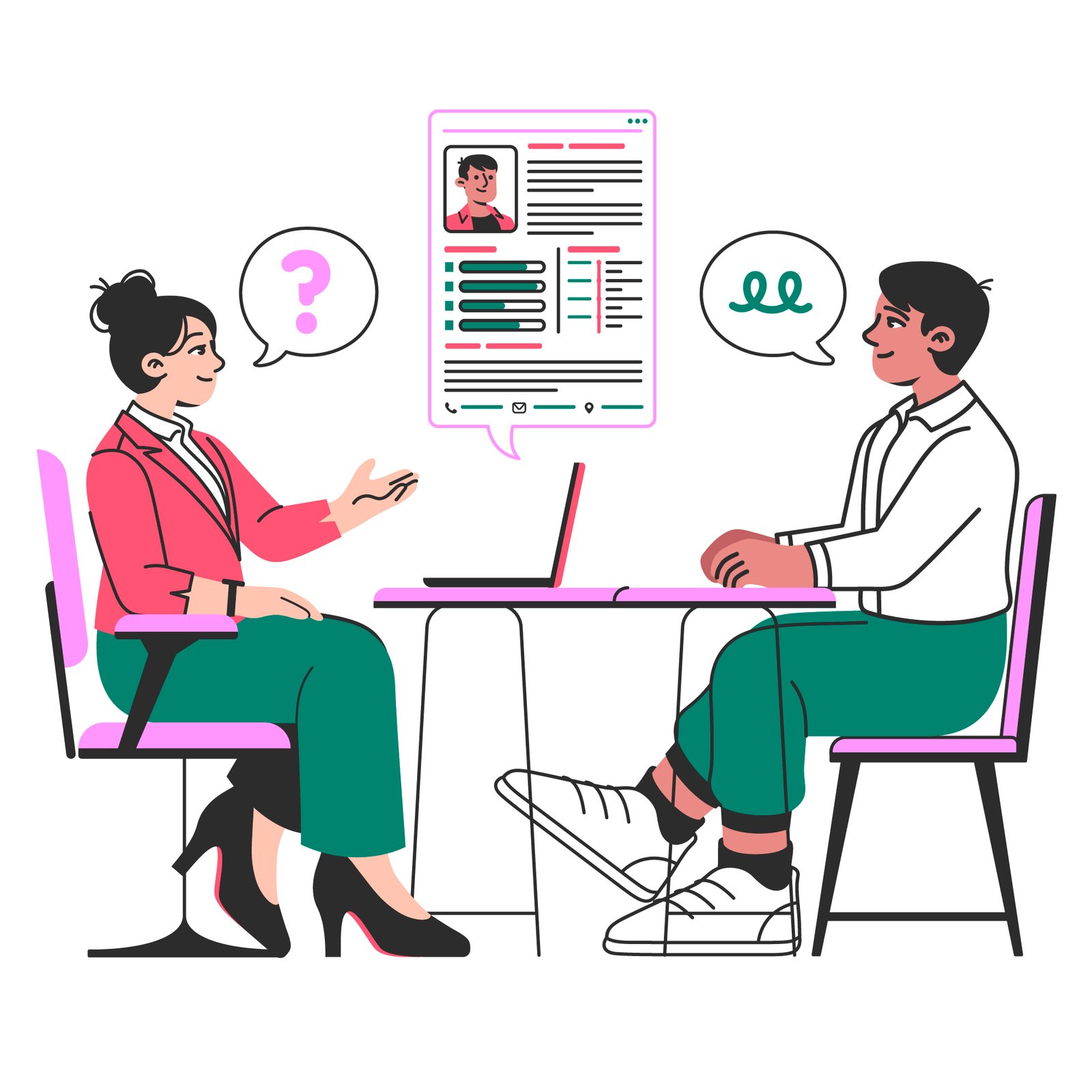How to Prepare for Overseas Job Interviews: A Comprehensive Guide
Securing a job overseas is an exciting opportunity that can open doors to new experiences, cultures, and career growth. However, the process of landing an international job can be daunting, especially when it comes to the interview stage. Overseas job interviews often come with unique challenges, such as cultural differences, language barriers, and unfamiliar hiring practices. To help you navigate this process successfully, this guide provides a step-by-step approach to preparing for overseas job interviews.
1. Research the Country and Company
Before you even step into the interview room (or join the virtual call), it’s crucial to understand the country and company you’re applying to. This knowledge will not only help you tailor your responses but also demonstrate your genuine interest in the role.
Understand the Country’s Culture and Work Environment
- Research the cultural norms, business etiquette, and workplace expectations of the country. For example, some cultures value punctuality and formality, while others prioritize relationship-building and flexibility.
- Learn about the country’s labor laws, visa requirements, and cost of living. This will help you assess whether the job aligns with your personal and professional goals.
Study the Company’s Background
- Familiarize yourself with the company’s mission, values, products, and services. This will help you align your answers with their goals.
- Look into the company’s recent news, achievements, and challenges. Mentioning these during the interview shows that you’ve done your homework.
- Understand the company’s organizational structure and leadership. Knowing who the key decision-makers are can help you tailor your responses to their priorities.

2. Understand the Job Requirements
Overseas job interviews often focus on whether you can adapt to a new environment and meet the specific demands of the role. To prepare:
Analyze the Job Description
- Break down the job description to identify the key skills, qualifications, and responsibilities required.
- Highlight your relevant experiences and achievements that match these requirements.
Research Industry Trends
- Stay updated on industry trends and challenges in the country you’re targeting. This will help you speak confidently about how you can contribute to the company’s success.
Prepare for Role-Specific Questions
- Anticipate questions related to the job role, such as how you would handle specific tasks or challenges. Use the STAR (Situation, Task, Action, Result) method to structure your responses.
3. Practice Cross-Cultural Communication
Effective communication is critical in overseas job interviews, especially when there are cultural and language differences.
Improve Your Language Skills
- If the interview will be conducted in a language other than your native tongue, practice speaking and listening in that language. Consider taking language classes or using language-learning apps.
- Even if the interview is in English, be mindful of accents, idioms, and expressions that may differ from your own.
Adapt to Cultural Communication Styles
- Some cultures value direct communication, while others prefer indirect or nuanced expressions. Research the communication style of the country and adjust accordingly.
- Pay attention to non-verbal cues, such as eye contact, gestures, and personal space, which can vary across cultures.
Prepare for Common Interview Questions
- Practice answering common interview questions, such as “Tell me about yourself,” “Why do you want to work here?” and “What are your strengths and weaknesses?”
- Tailor your answers to reflect your understanding of the country and company culture.
4. Prepare for Behavioral and Situational Questions
Many overseas companies use behavioral and situational questions to assess how you’ve handled challenges in the past and how you might handle them in the future.
Use the STAR Method
- The STAR method (Situation, Task, Action, Result) is an effective way to structure your responses. For example:
- Situation: Describe the context or challenge you faced.
- Task: Explain your role or responsibility in the situation.
- Action: Detail the steps you took to address the challenge.
- Result: Share the outcome and what you learned from the experience.
Examples of Behavioral Questions
- “Tell me about a time you worked in a diverse team. How did you handle cultural differences?”
- “Describe a situation where you had to adapt to a new environment. How did you manage the transition?”
- “Give an example of a time you faced a significant challenge at work. How did you overcome it?”
5. Showcase Your Adaptability and Global Mindset
Employers hiring for overseas roles often look for candidates who can adapt to new environments and work effectively in diverse teams.
Highlight Your International Experience
- If you’ve studied, worked, or traveled abroad, emphasize how these experiences have prepared you for an overseas role.
- Share specific examples of how you’ve adapted to different cultures, languages, or work environments.
Demonstrate Cultural Sensitivity
- Show that you respect and appreciate cultural differences. Avoid making assumptions or stereotypes about the country or its people.
- Express your willingness to learn and integrate into the local culture.
Discuss Your Motivation for Working Abroad
- Be prepared to explain why you want to work overseas and how this role aligns with your career goals. Employers want to know that you’re committed to the opportunity and not just looking for a change of scenery.
Conclusion
Preparing for an overseas job interview requires thorough research, cultural sensitivity, and effective communication. By understanding the country and company, practicing your responses, and showcasing your adaptability, you can increase your chances of success. Remember, the interview is not just an opportunity for the employer to evaluate you—it’s also a chance for you to assess whether the role and location are the right fit for your career and personal goals. With the right preparation and mindset, you can confidently navigate the interview process and take the first step toward an exciting international career. Good luck!
Disclaimer :
The information provided in blog articles and how-to guides on the LinkArabia website is for general informational purposes only. While we strive to provide accurate and up-to-date content, we make no representations or warranties of any kind, express or implied, about the completeness, accuracy, reliability, suitability, or availability of the information. Any reliance you place on such information is strictly at your own risk. For more information , please read linkarabia disclaimer policy.




